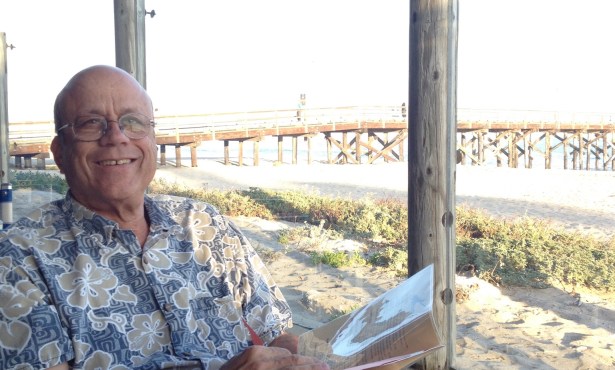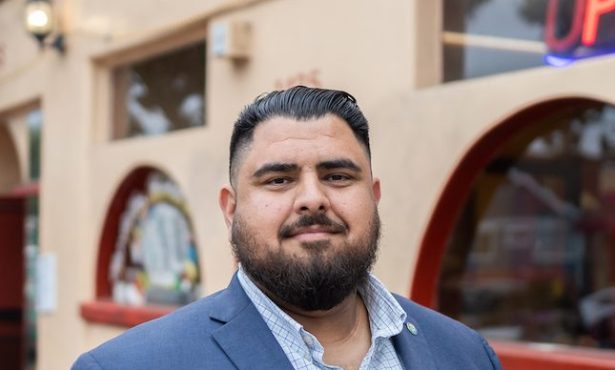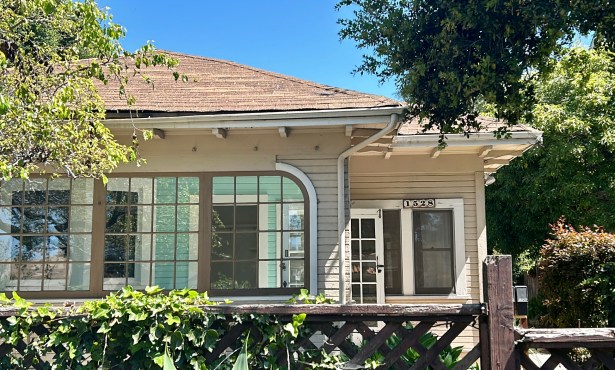Seniorphobia

There is a distressing trend I have noticed among those of us
who are of the baby boomer ilk: Making fun of seniors. For example,
“You know you are a senior if your idea of weight lifting is
standing up.” And how about this joke on seniors: “Getting ‘lucky’
means you found your car in the parking lot.” I know,
horrifying.
I don’t think younger people make these kind of jokes. I know I
never did before I turned 50 and the prospect that I could actually
some day be one suddenly occurred to me. I do understand what this
is about. We often need to encapsulate something we fear in humor,
rendering it hopefully harmless. Seniordom is something most of us
rounding the bend definitely fear. We don’t intend to embrace that
word; we are simply not going there.
And yet this “seniorphobia” can’t be good for us. Besides being
abjectly disrespectful to our elders, being gripped by any kind of
phobia is restrictive and unfair to all concerned. If you need
proof of this, consider the fascinating research of Sula
Benet, Ph.D. anthropology professor at Hunter College in New
York City. She was the one who broke the story about those yogurt-eating Abkhazians, living happily in
Southern Russia to 150 years old and beyond.


A couple of facts have emerged that originally discredited this
stunning study of longevity. One, it is widely accepted that these
grand ages were inflated. Another problem is that the Abkhazians (their flag and map is pictured),
despite all of those Danon ads, didn’t actually consume yogurt but
something called matzoni, a fermented goat or cow milk.
Nonetheless, we can’t dismiss the plucky folks from the Caucasus.
What was eventually discovered is that more than 80 percent of
these folks did make it past the age of 90, with much better
hearing and eyesight than similar aged seniors in the
industrialized West.
The long-lived Abkhazians did a lot right. They engaged in physically
active lifestyles, ate mostly a vegetarian diet with lots of nuts,
engaged in work that was pretty much free of the stress of rushed
deadlines. They love song and utilize it in most of their cultural
rituals. But what is probably most striking about this culture in
contrast to our own is how revered they are in their agedness.
As John Robbins says in his new book, Healthy at 100: “The more I have learned
about the Abkhazian culture, the more I’ve been struck by the
contrast with the modern industrialized world, and the more I’ve
become aware of how youth-obsessed we are. In Abkhazia, people are
esteemed and seen as beautiful in their old age. Silver hair and
wrinkles are viewed as signs of wisdom, maturity, and long years of
service.”


Robbins (pictured) also points out that this respect for the
elders is reflected in their language. They have no phrase for “old
people.” They refer to their many centenarians as “long-living
people.” They even dedicate a holiday to honor their long-living,
where the villagers gather to honor their seniors who parade
proudly in grand costumes.
In this society, one’s status is more determined by age than by
wealth or fame. When people lie about their age, they add years.
Roberts points out that “you’re looking young today” would not be
seen as a compliment, as it would in Santa Barbara. “People there
compliment others by saying, “’You’re looking old today,’ meaning
that the person is wise and beautiful in their maturity.” Sorry
Paris Hilton, if you were a Caucasus heiress, your
granny would be posing on the red carpet and getting offers to make
steamy sex videos.
Seniorphobia can be as destructive as the other types of “self”
phobias. Most of us should know by now how damaging homophobia is,
both to gay people and to the society within which we live.
Anti-semitism is another one that unfortunately persists,
afflicting those who internalize it and our societies where it is
projected. When we fear something that is natural and human, either
out of ignorance or self-loathing, we make ourselves and our
society sick.
I will end my little lecture with a Boomer Alert: Be kind to
your Inner Senior; you will need him (or her) to lead you into that
fast approaching future!
Dr. Michael O.L. Seabaughhealthspan@mac.com is a licensed
clinical psychologist with a psychotherapy practice in Santa
Barbara. Send comments and questions to and visit his
website and blog at www.HealthspanWeb.com for more information on topics
covered in Healthspan.



